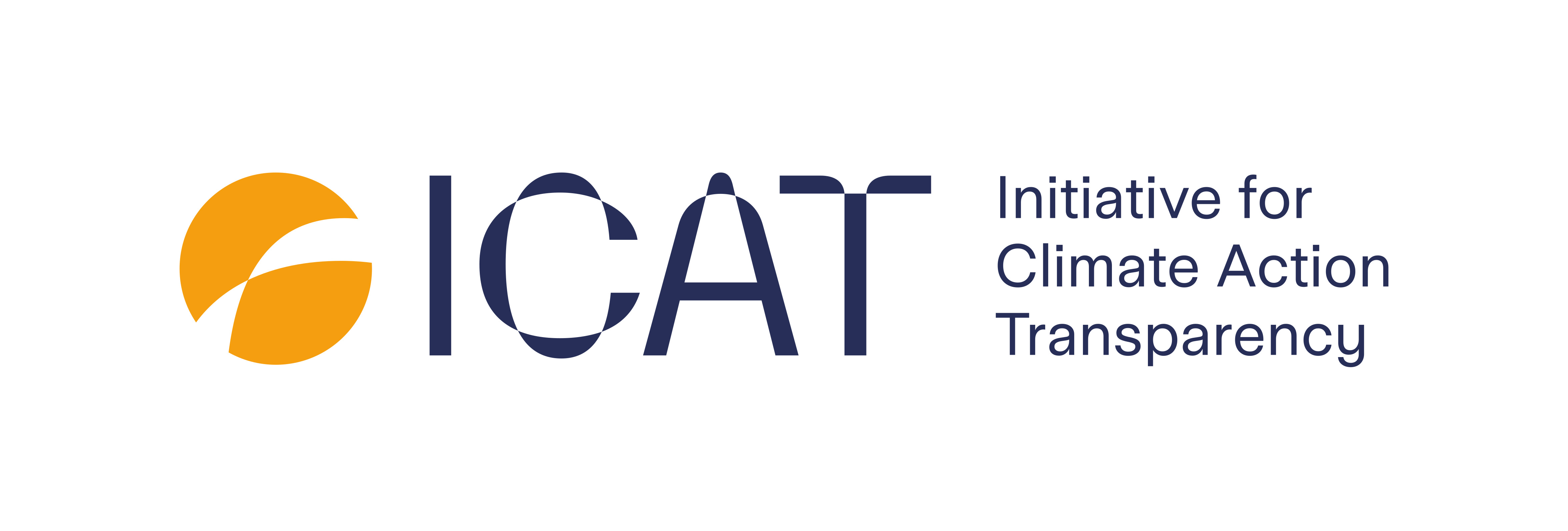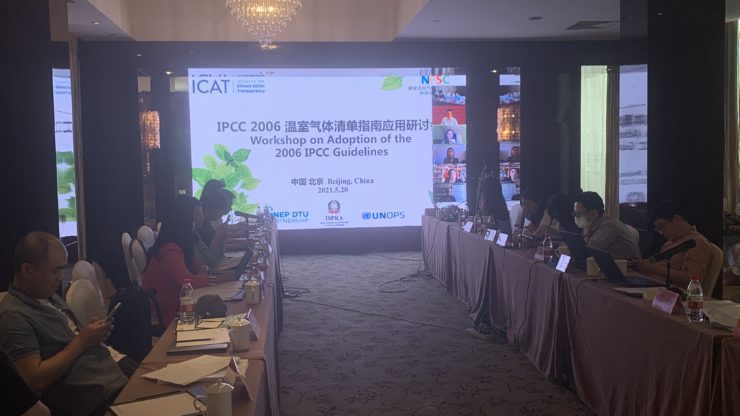More than 60 participants representing over 20 African countries started the Climate Transparency E-learning Course this week.
Taking place from the 16th of August to the 1st of October, the course aims to support developing countries to boost national capacity to implement the Enhanced Transparency Framework (EFT) under the Paris Agreement.
In particular, it will help countries to assess and develop mitigation policies, in a way that will advance domestic and international climate objectives and enable the realization of national priorities and Sustainable Development Goals.
Insights and perspectives on climate action transparency
The course is aimed at senior government officials and technical practitioners. Participants were nominated to take part in the course, and the fee is covered by the Initiative for Climate Action Transparency (ICAT).
Participants who complete the course will gain:
- Insights into the role of ministries and governments pertinent to the objectives and requirements of the Paris Agreement and its ETF, and how to implement the ETF in a way that advances both domestic and international objectives;
- An enhanced perspective of the data needs and methods for assessing and reporting on mitigation actions, to enable the development of effective climate policies and tracking of NDCs;
- An overview on where to access good practice guidance, knowledge resources, methodologies, guidelines and tools related to climate transparency;
- Background to facilitate the preparation of national institutional arrangements and the mobilization of resources and support for the implementation of the ETF.
Peer-to-peer learning facilitated by experts
The course follows a facilitated online approach, with e-learning modules, exercises and weekly virtual interactive sessions with subject matter experts and peers. A facilitator will guide and assist participants throughout the course, providing real-time feedback on activities and exercises. The user-friendly, social online learning platform will also provide participants with the opportunity to connect with peers from diverse backgrounds, fostering peer-to-peer learning.
The course is hosted by UNEP DTU Partnership along with the UNFCCC secretariat, UNEP Global Support Programme, the United Nations System Staff College (UNSSC) and ICAT, and supported by the UNEP Global SUpport Programme.





